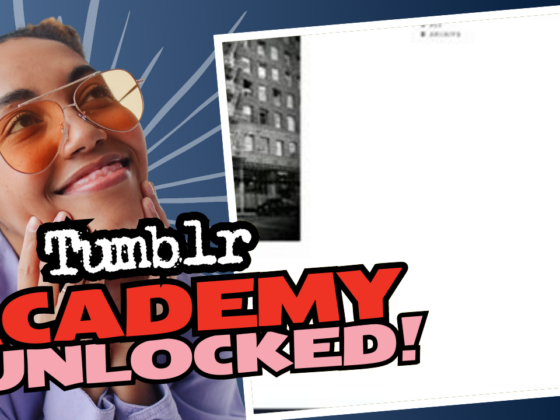Does Anger Management Really Work? Let’s Dive Into the Emotional Deep End!
Ah, anger management—the ever-so-serious realm where feelings clash with reason like two kids fighting over the last slice of pizza. Let’s break it down, shall we? It seems like the internet has a glorious take on this, especially our beloved Tumblr crowd who have a funny yet insightful approach to understanding those steamy moments of rage we all have.
When you’re grappling with your emotions, you might find yourself resonating with the terms “hot anger” and “cold anger.” Hot anger is that fiery beast that boils over in the heat of the moment, usually when you stub your toe on a piece of furniture or when someone dares to touch your precious snack stash. Cold anger, on the other hand, is more like a silent iceberg—frozen but deeply felt, often stemming from betrayal or disappointment in others. It’s the classic “I’m going to silently simmer while I prep my passive-aggressive response.”
Understanding Your Anger
Many Tumblr users relate to these concepts. Someone might share that they’re in a perpetual state of “wet anger”—passionate yet unable to articulate their feelings clearly. Another might lament how testosterone has made them feel emotionally stunted, wishing they could still express that wet anger without the dry results. Don’t worry; we’ve all been there!
Anger is essential; it tells you something is amiss, like a highly charged alarm clock you can’t ignore. It’s crucial, however, to differentiate how you act on that anger. Here’s the kicker: just because you feel mad doesn’t mean you need to go all Hulk on the nearest object.
Taking Control: The Real Anger Management Work
This is where anger management steps in, sweetening up the deal. The goal isn’t to suppress emotions but to help you understand that while your feelings are valid and real, your reaction doesn’t always have to be. As many Tumblr users point out, what really matters is how you channel that fury. Do you throw a book at your sibling or do you express that you’re upset without turning your living room into an emotional war zone?
Therapists often remind us that while feelings are valid, not every impulsive reaction is a good one. Imagine crying over a sandwich choice at lunch—valid emotions, but maybe, just maybe, not the right moment to yell. Responsibility is key here! It’s all about transforming those intense feelings into actions that don’t involve yelling at your mother because she forgot to buy those organic bananas you love so much.
If you’re scratching your head, wondering how this all connects back to anger management—here it is! Anger management provides a toolkit—not so much a manual on how to stop being angry but rather how to channel that anger into something constructive (or at least less destructive).
So, if you find yourself ticked off at the world, remember that it’s not the emotion itself that needs management but how you manage to play with it. Next time you feel like erupting, take a breath, count to ten, and figure out the best course of action. Embrace the chaos but steer it wisely!
And hey, if you need further help, answers, or resources about whether anger management truly works or how experts handle these emotions, feel free to live connect with us! We’re here to help you navigate those turbulent waters.









